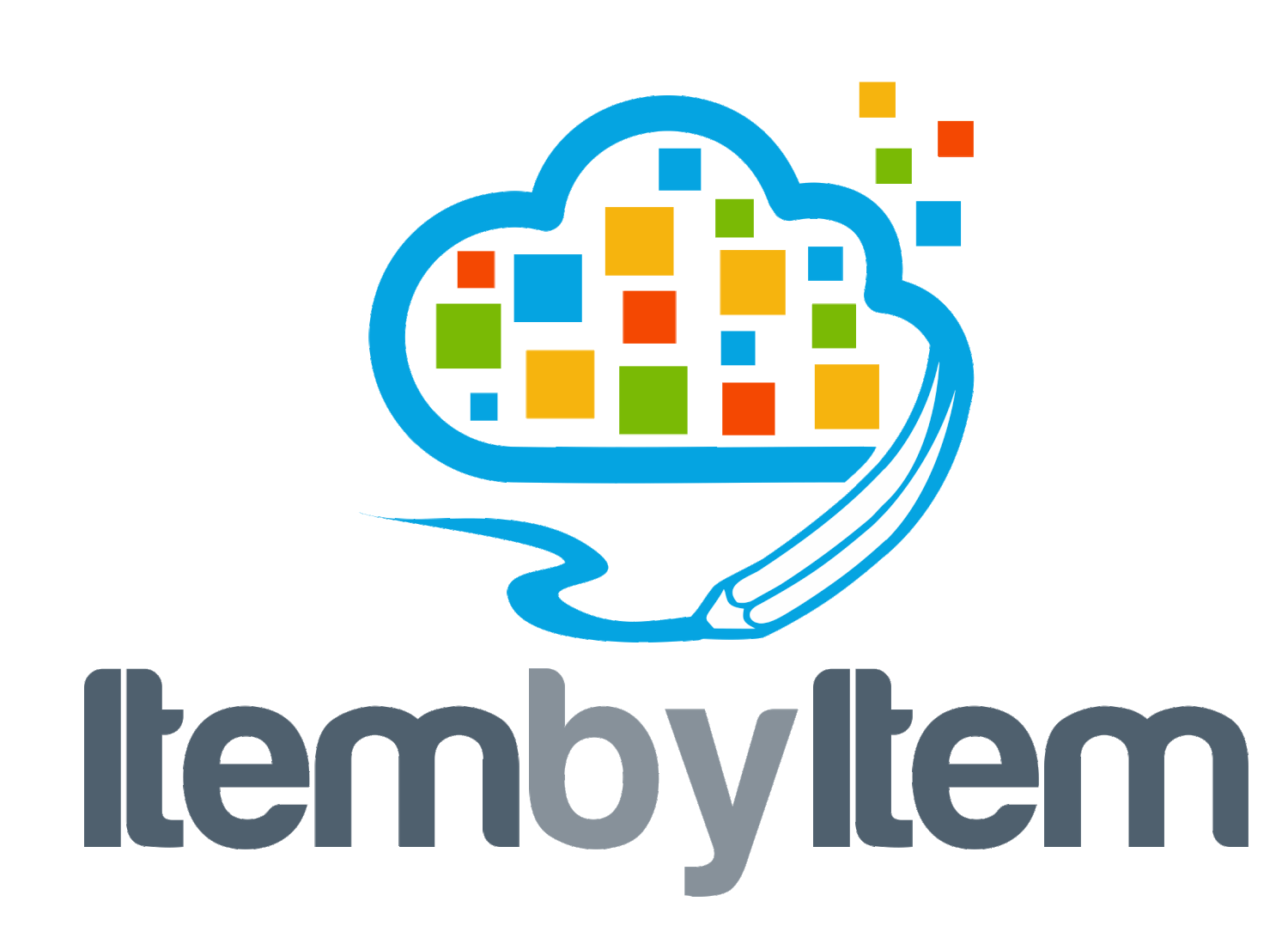Microsoft Dynamics 365 Retail Training
Commerce builds on top of financials and the supply chain. Microsoft Dynamics 365 Commerce is composed of both retail and e-commerce functions. In our platform, you can access more than 1,300+ micro-courses, 90+ learning paths, and 220+ assessments across a dozen functions and deliver both standard content and custom content.
Microsoft Dynamics 365 Retail Management Training
Microsoft Dynamics 365 Retail Management
Retail training is one of the most challenging tasks in Dynamics 365 projects. Most retail functions are used by a large and diverse user base spread across multiple retail stores. More importantly, these learners are in direct contact with the customers on a daily basis. The retail operations are then managed by a central group based in the headquarters where the inventory and replenishment decisions are made. Typical learners are the retail store staff including managers and clerks as well as the headquarters staff that manages the end-to-end retail network.
Retail covers a vast functional area including retail store and staff management, Point of Sale (PoS) device management, retail price and discount management including loyalty, gift card and coupons, retail sales management, and retail returns.
Retail training starts with the learners based in the headquarters. This core team needs to be trained upfront to make sound decisions. The retail store staff training can be aligned with the project rollout. Most customers deploy Dynamics 365 retail functions in multiple waves to mitigate risk. The store staff must be properly trained to ensure smooth customer service. In addition, retail requires an ongoing training program for the store staff due to turnover and retail operation changes.
Dynamics 365 retail headquarter functions such as the store, staff, replenishment, and inventory management are quite comprehensive and rarely customized. Standard training can be used to train the core team. For the store operations, there are several configurations available. D365 PoS device layouts and functions are highly configurable. The store staff must be trained on the final configuration and process to avoid any confusion.
At the beginning of the project, standard online training can be used to train the core team. The team can then establish retail processes within D365. The retail store staff can be trained in multiple waves following the store deployment schedule. Online training can provide a consistent education across multiple locations and times. The large user base can consume the training material at their pace. Their progress can be monitored. These features make online training important for a successful store rollout.
The unique thing about retail is the fact that the user base is quite large, diverse, spread out, and in direct contact with the customer. Any problems in training can quickly result in poor customer service. To avoid any revenue risk, retail training must be well thought out and executed prior to the go-live.
Microsoft Dynamics 365 e-Commerce Management Training
Microsoft Dynamics 365 e-Commerce Management
With most of the commerce moving online, e-Commerce training becomes even more imported in today’s connected world. e-Commerce is enabled and managed by a selected skillful group generally based in the headquarters. Typical learners are website developers, website designers, content developers, and managers.
e-Commerce covers a specialized area within Dynamics 365 including website design, online store management, and the end-to-end online order management process.
e-Commerce training should start after the foundational and sales training. To leverage the integrated data structure and processes, the core team needs to first understand how products, inventory, customers, sales orders, etc. are managed within Dynamics 365. e-Commerce training can then introduce the online features to the learners. The upfront training is critical to building an attractive and easy-to-use website.
Dynamics 365 has a powerful and configurable Content Management System (CMS). Most customers do not need customizations. The core team can use standard training to learn how to use CMS to tailor their website for their needs.
Since the user base is quite skilled and the functions are quite standard, online training is a great fit to train the core team. The learners can get up to speed quickly and use the tools to build their prototypes.
The unique thing about e-commerce is its integrated nature. D365 offers an omnichannel experience to the end consumer. Thus, understanding retail and call center besides e-commerce functions is important to generate a seamless shopping experience. The e-Commerce team should collaborate with the retail and call center teams to ensure the e-commerce experience compliments those channels.



